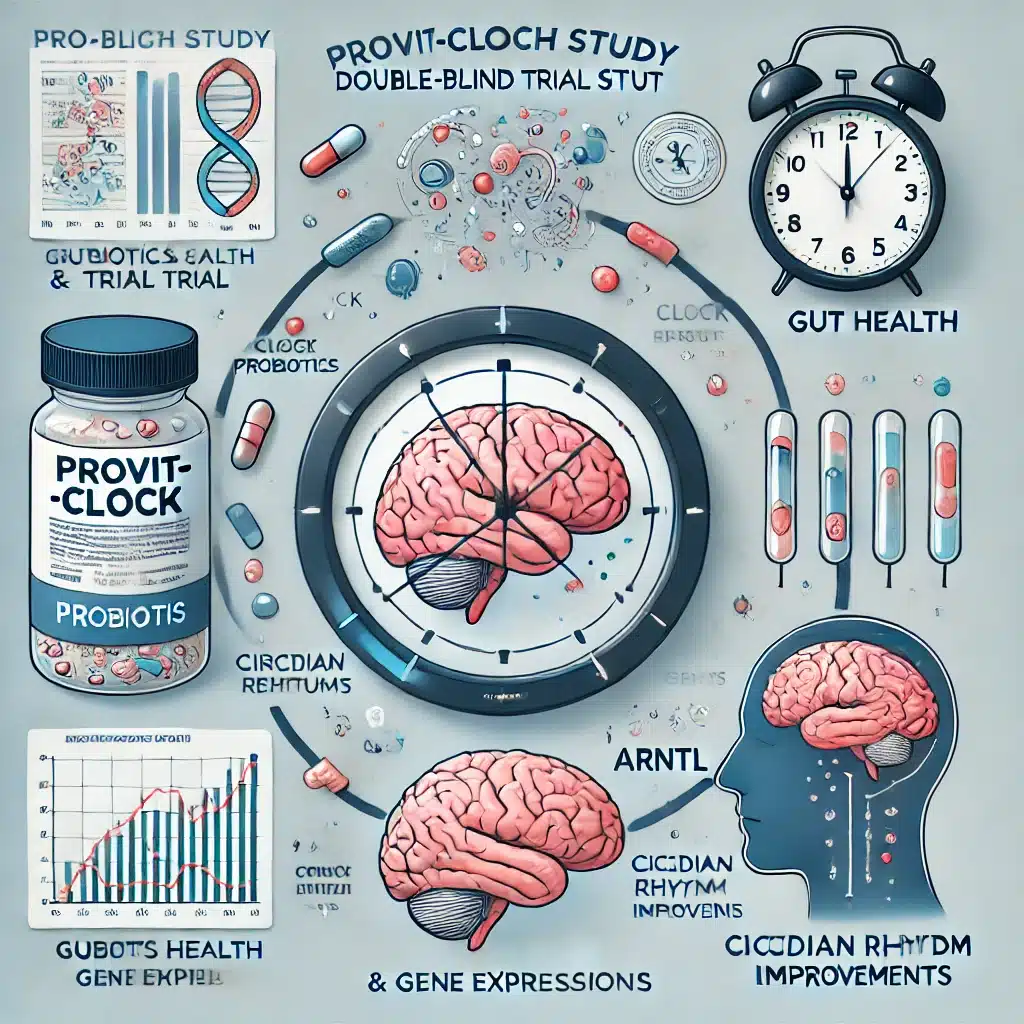OPRM1 Gene Polymorphisms of A118G SNP Predict Opioid Effects
This study found that individuals with the AG/GG genotype of the A118G SNP in the OPRM1 gene experienced more pleasant and fewer unpleasant effects from hydromorphone compared to those with the AA genotype, suggesting genotype-based differences in opioid sensitivity. Highlights: Positive Effects: Participants with the AG/GG genotype reported significantly more positive effects (e.g., good effects, …










